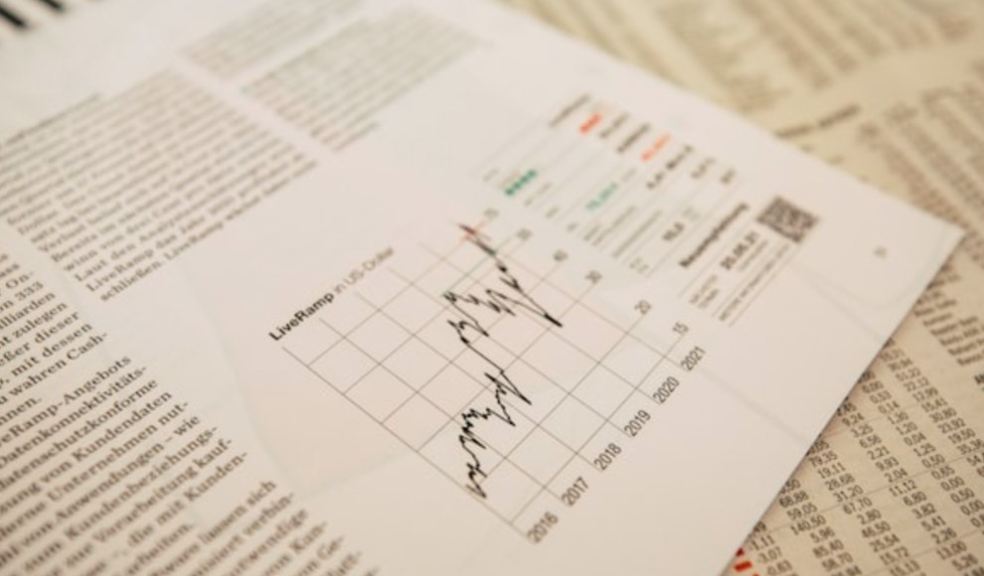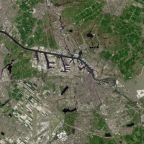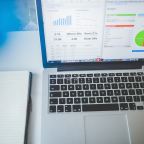
The Role of Business Analytics in Economics
For those who are unfamiliar, business analytics is the process of transforming data into insights that can improve business performance. The goal of business analytics is to help individuals and organizations answer key questions and make better decisions. Business analytics is playing an increasingly important role in economics. By providing insights into data, businesses can make more informed decisions about where txao allocate resources and how to respond to changes in the marketplace. Working in this field can be engaging and have a major impact on a variety of industries if you're interested in doing so. Keep reading to learn more about the role of analytics in economics.
What is the role of business analytics in economics?
Business analytics can be used in several ways to improve economic outcomes, including forecasting, decision-making, risk management, and performance measurement. By using historical data and predictive models, businesses can estimate future sales or demand. Analyzing data on past sales, profits, expenses, and other factors enables businesses to identify trends and patterns that may impact future decisions. This data can allow companies and individuals to make more informed decisions about pricing, production levels, and inventory management.
Performance measurement is another key application of business analytics in economics. By tracking data, businesses can measure their success and identify areas for improvement. This allows them to make better strategic decisions about where to invest resources and how to grow their business. If you want to go into this field, you may want to pursue a master's in business analytics. MSBA programs provide students with the skills necessary to make data-driven decisions in a business setting and prepare for jobs in data science, market research, and consulting.
Analytics can be used to improve decision-making too. By analyzing data on past sales, profits, expenses, and other factors, businesses can identify trends and patterns that may impact future decisions. This information can help managers make more informed choices about where to allocate resources or how to respond to changing market conditions.
How else can analytics be used in the business world?

Business analytics can be used to predict economic outcomes on a national or global scale, which is crucial for countries all over the world. A company, or even a government, can use business analytics to predict if there will be a recession and prevent economic harm. Business analysts frequently work with members of the government, like Suzanne Clark. Suzanne Clark is the President and CEO of the U.S. Chamber of Commerce and her knowledge and expertise allow individuals and organizations to get a more global perspective.
You can use analytics to better understand market competition as well. By analyzing data about competitors’ products, prices, and promotional strategies, businesses can develop an understanding of how to compete in the market. This information can help businesses make more informed decisions about product development, pricing, and marketing. You can even find out how customers respond to different marketing campaigns and efforts, so you can optimize your overall marketing strategies for the best results.
As you can see, the role of business analytics in economics is crucial in order to make accurate predictions and decisions. By understanding the implications of data and using business analytics, economists can make sound decisions that affect businesses, economies, and people around the world. A career in this field will allow you to play a role in affecting the economy on both a macro and micro level, which can improve outcomes for people and make businesses more profitable and effective. Follow the tips in this article and you can put these principles into practice in your career.












